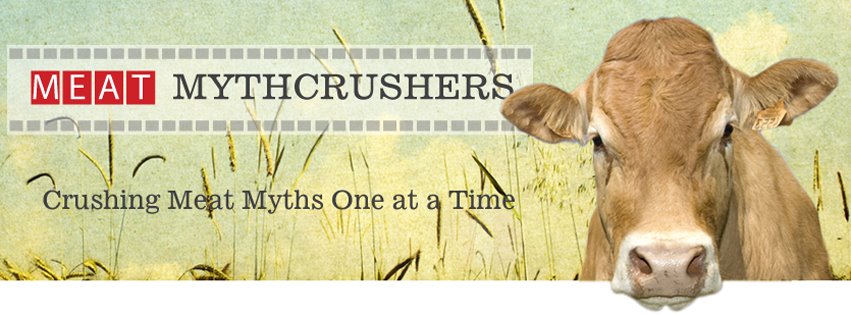Myth: Going Meatless One Day A Week Can Have A Significant Environmental Impact

The data shows that reducing meat consumption one day per week as recommended by the Meatless Monday campaign has a negligible impact on greenhouse gas emissions
According to the Environmental Protection Agency (EPA), just 3.4 percent of greenhouse gas emissions are from livestock agriculture, with beef contributing 1.4 percent. If all Americans were to cut out beef one day a week, this would reduce their carbon footprint by just .2 percent.
Considering that energy production and transportation are responsible for 31 and 26 percent respectively, individual changes within these areas can have a much more significant impact. Overstating the impact of livestock production can distract consumer attention from areas with the potential to have far greater environmental impact.
Much of the attention on the impact of livestock production on greenhouse gas emissions can be traced to the 2006 United Nations report, “Livestock’s Long Shadow,”1 which cited livestock’s contribution to greenhouse gas emissions at 18 percent, higher than transportation. However, further research has shown that because of that report’s focus on worldwide agriculture, it overestimated the regional impact, particularly in developed nations such as the United States.
The report also produced its numbers for the livestock sector by adding up emissions from farm to table, including the gases produced by growing animal feed; animals’ digestive emissions; and processing meat and milk into foods. But its transportation analysis did not similarly add up emissions from well to wheel; instead, it considered only emissions from fossil fuels burned while driving.2
A new United Nations Food and Agriculture Organization (FAO) initiative entitled “Livestock Environmental Assessment and Performance (LEAP) Partnership” has been designed to promote an exchange of data and information, technical expertise and research geared towards improving and harmonizing the way in which livestock food chains are assessed and monitored.











